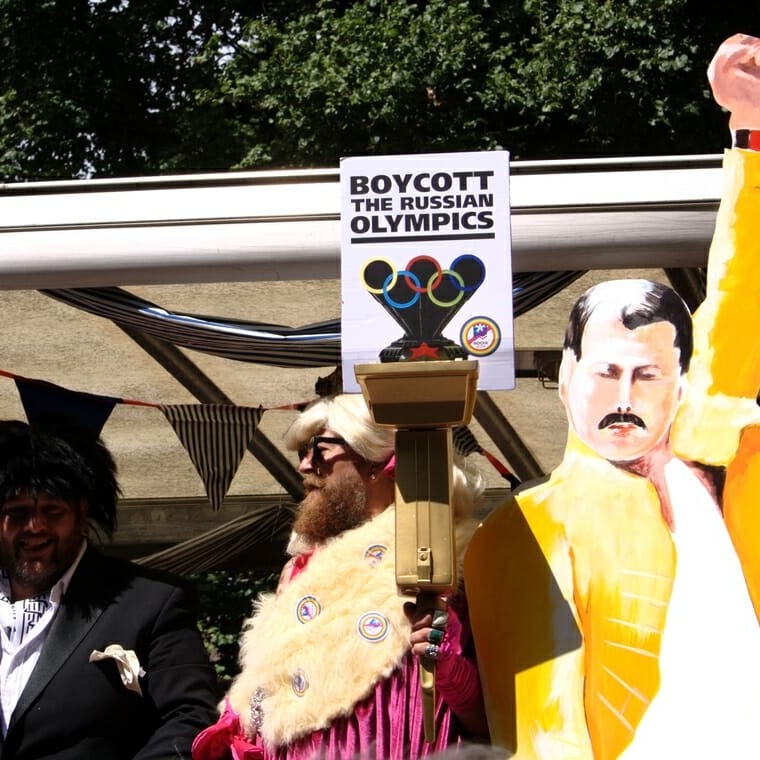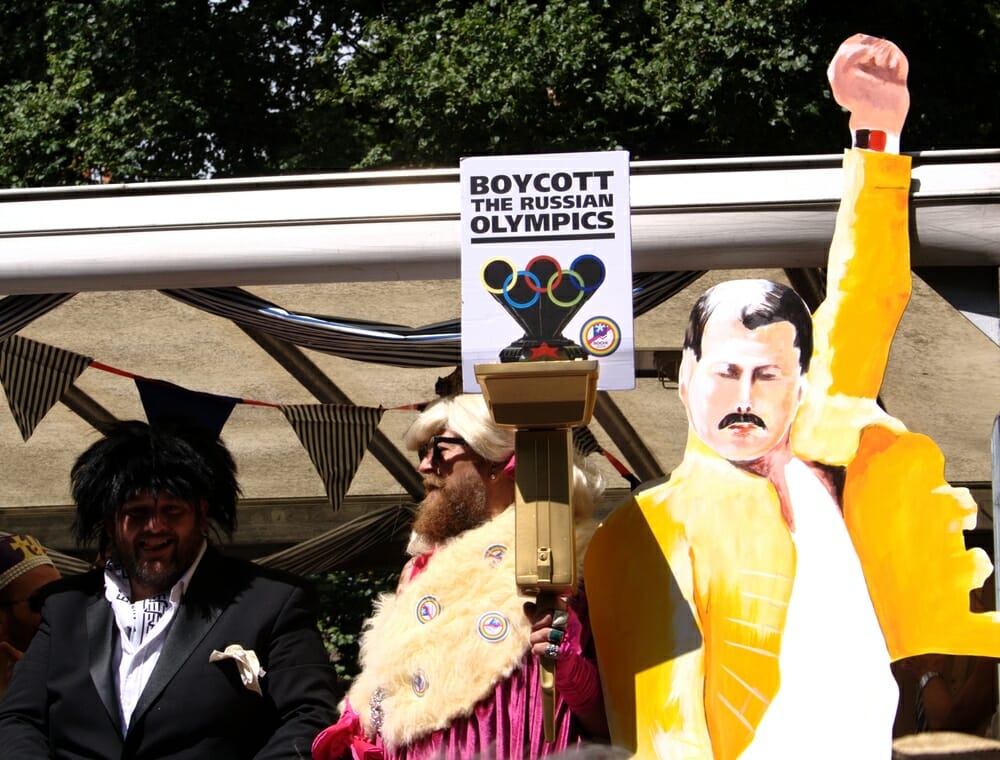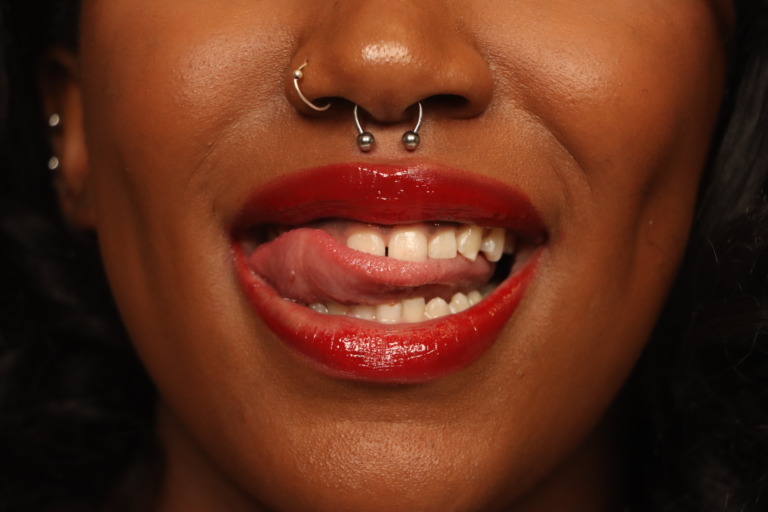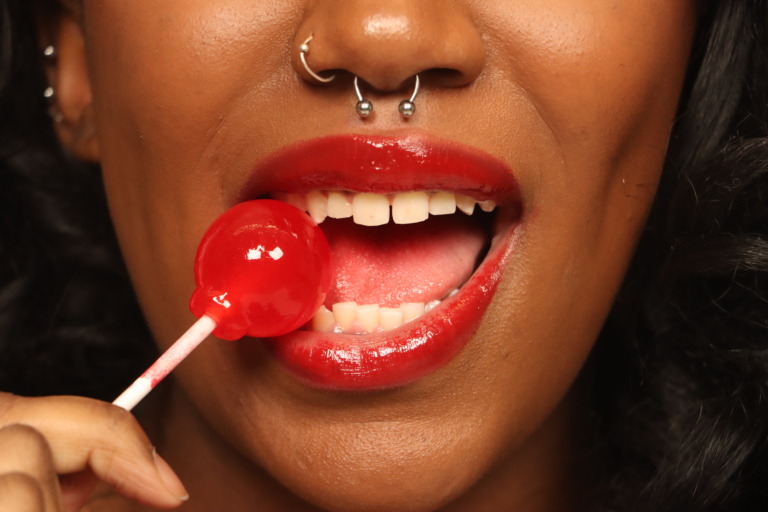

Canada can stand up for gay rights in many ways—boycotting should not be one of them. (Photo by Dominic Alves via Flickr)
There have been talks, speeches, conversations, web-forums, radio shows and rallies discussing Canada’s attendance, or lack thereof, at the Sochi Winter Olympics. We’re coming down to the wire on this issue with the 2014 Games beginning on Feb. 7.
We should attend.
There are many sources of conflicts in Russia right now, the most urgent of which is their stance on gay rights. The thought of not attending the Sochi Olympics as a message on behalf of the LGBTQ movement is a romantic idea, but not a realistic one.
In 1936, the Olympics were hosted in the city of Berlin. At the time, Germany was ruled by Adolf Hitler. There were minor boycotts of these Games, but most of those were by athletes and not countries. Canada attended the Olympic Games hosted by Hitler.
The most striking example of boycotting in Olympic history is actually the last time the Olympics took place in Russia (Moscow, summer 1980). The majority of the countries who skipped did so because of the Russian invasion of Afghanistan—Canada and the United States included. The threat of war between nations made the Olympics a rather sensitive issue.
Olympic boycotts are a big deal. I am not going to argue that gay rights in Russia are not a big issue, but there are better ways to protest their policies than skipping an event that was made to bring nations together—and a lot of those things are being done already.
U.S. President Barack Obama is currently sending two openly gay former athletes—tennis player Billie Jean King and hockey player Caitlin Cahow—as his delegates for the Olympic opening ceremony. This marks the first time in over a decade a member of the White House will not be in attendance for the opening ceremony. Prime Minister Stephen Harper will be skipping the event, as well.
Outside of North America, Germany’s president is boycotting the Olympics, and sending their athletes in fabulous rainbow jackets for the opening ceremony. The president of France is boycotting, as are several other leaders. Overall, the international statement is in support of the LGBTQ movement, even if many aren’t officially saying so.
Canada is doing its part to show we aren’t in support of their laws, even if we are doing it outside of the Games themselves. It was perhaps put best by Italian International Olympic Committee (IOC) member Mario Pescante when he said, “The games should not be an occasion and a stage to promote rights that sports supports daily.”
It is impossible to argue that countries aren’t using the Olympics as a stage already at this point, but this is where it needs to end. Our athletes should not be used as political pawns to support a movement they may or may not support themselves. They have trained their whole lives for this. We should take national pride in it, not national issue with it.






